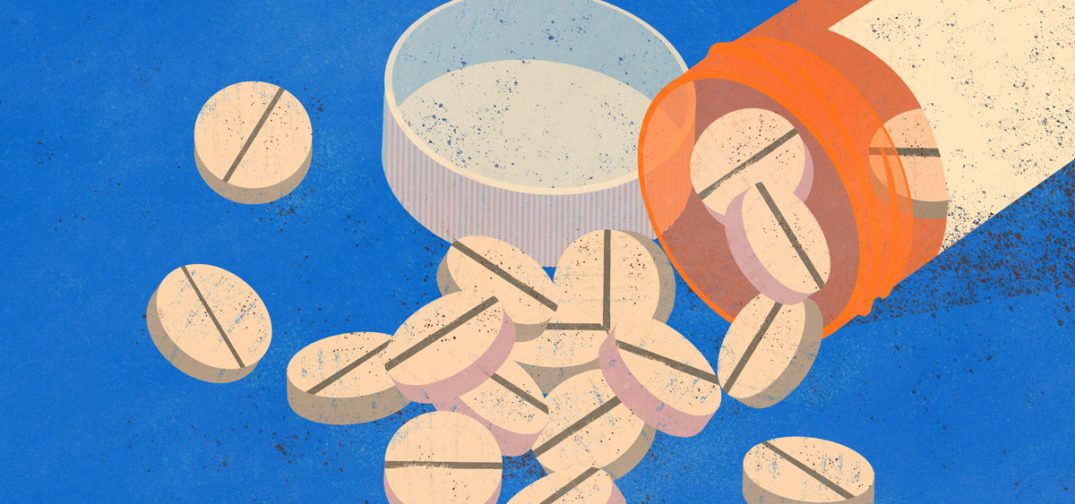This article was written by Gaspard Le Dem (@GLD_Live on Twitter) and originally published by Outlaw Report.
The top three candidates for D.C. mayor duked it out on Wednesday evening during a debate on WAMU’s The Politics Hour moderated by local radio legend Kojo Nnamdi and news veteran Tom Sherwood.
Over the course of 90 minutes, incumbent Mayor Muriel Bowser, At-Large Councilmember Robert White and Ward 8 Councilmember Trayon White argued their positions on a wide range of issues from D.C.’s ongoing housing crisis to the recent surge in traffic fatalities.
The topic of cannabis, however, was conspicuously absent from the debate despite lately being a major point of focus in District politics. Over the last year, the D.C. Council has spent hours debating what to do about unlicensed weed “gifting” shops and how to regulate recreational weed if Congress were to lift its local ban on adult-use sales.
Bowser, who has been waiting for the council to advance her bill to legalize retail weed and increase the allowed number of licensed medical dispensaries, only mentioned pot in passing on Wednesday, reiterating a call for Congress to lift the locally-reviled cannabis rider that prevents D.C. from regulating weed sales.
“The situation we’re in with marijuana is untenable,” said Bowser, who is seeking her third term in office. “It has been since we passed the initiative here and our Democratic friends and the Republicans need to remove these riders. They need to remove all riders but what’s happening with marijuana is significantly problematic.”
Bowser has made it clear she supports legalizing recreational weed sales, though her administration has been less tolerant of D.C.’s gray market for weed, allowing police to routinely raid weed unlicensed businesses, also known as “gifting” shops.
Her opponents in the mayoral race have shown more sympathy towards “gifting” shops. Both Trayon White and Robert White recently voted against a proposal by Council Chairman Phil Mendelson to crack down on weed gifters, noting the measure could unfairly affect Black residents, who make up a significant share of “gifting” shop owners and employees.
“We don’t want to shut folks down,” Robert White said ahead of a vote on Mendelson’s bill last month.
The two councilmembers have generally taken a reparative approach to cannabis legalization, acknowledging weed prohibition’s disparate toll on communities of color. Last year, they both sponsored a bill that sought to give people formerly incarcerated for cannabis offenses a leg up to join D.C.’s medical cannabis. Bowser’s bill to legalize adult-use sales contained similar provisions.
While weed didn’t make it into Wednesday’s debate, another important question on drug policy did: How would the candidates address D.C.’s worsening opioid epidemic? Nnamdi asked the candidates whether they’d be open to decriminalizing small amounts of drugs “in the hopes that more people may seek treatment.”
Fatal overdoses, largely driven by a surge in fentanyl use, have been on the rise in the District. Last month, 10 people died after overdosing on a lethal batch of fentanyl, marking the District’s second mass casualty incident involving opioids this year. Local advocates for safe drug-use argue creating “safe-injection” sites and providing people battling addiction with a clean, regulated supply of drugs could help reduce deadly overdoses.
But all three candidates danced around the question, avoiding a direct response on whether they’d consider decriminalizing harder drugs.
Bowser deflected responsibility for the opioid crisis, blaming the coronavirus pandemic for soaring overdose rates, a theory that is supported by public health experts.
“Part of our dealing with fentanyl overdoses and all types of substance abuse is getting back to normal,” Bowser said. “Getting people back in treatment and in person.”
She noted that while virtual health counseling has been a somewhat effective treatment during the pandemic, “it hasn’t worked as well in the substance abuse area.” Bowser wouldn’t say whether she’d decriminalize the limited possession of drugs like fentanyl, dodging the question by saying she supports legalizing cannabis, which has been legal to use and possess in the District since 2015.
Trayon White said D.C. should declare a state of emergency in response to the opioid crisis and invest in more treatment facilities for substance abuse. He noted his experience doing community outreach on drug abuse for the office of D.C. Attorney General Karl Racine.
“We haven’t put our money where our mouth is and as a result we’re losing hundreds and hundreds of residents every day to this opioid crisis,” he said.
Robert White agreed the District hasn’t done enough to address the opioid crisis. “We need to take the opioid crisis seriously and much more seriously than we have been taking it,” he said. “We’re now behind the eight ball,” he added.
He proposed to expand the use of Narcan, a life-saving medication that can reverse drug overdoses, and to consider the creation of safe-injection sites “so that we are keeping people alive and giving them a central place to reach recovery opportunities.”
Get daily cannabis business news updates. Subscribe
End
